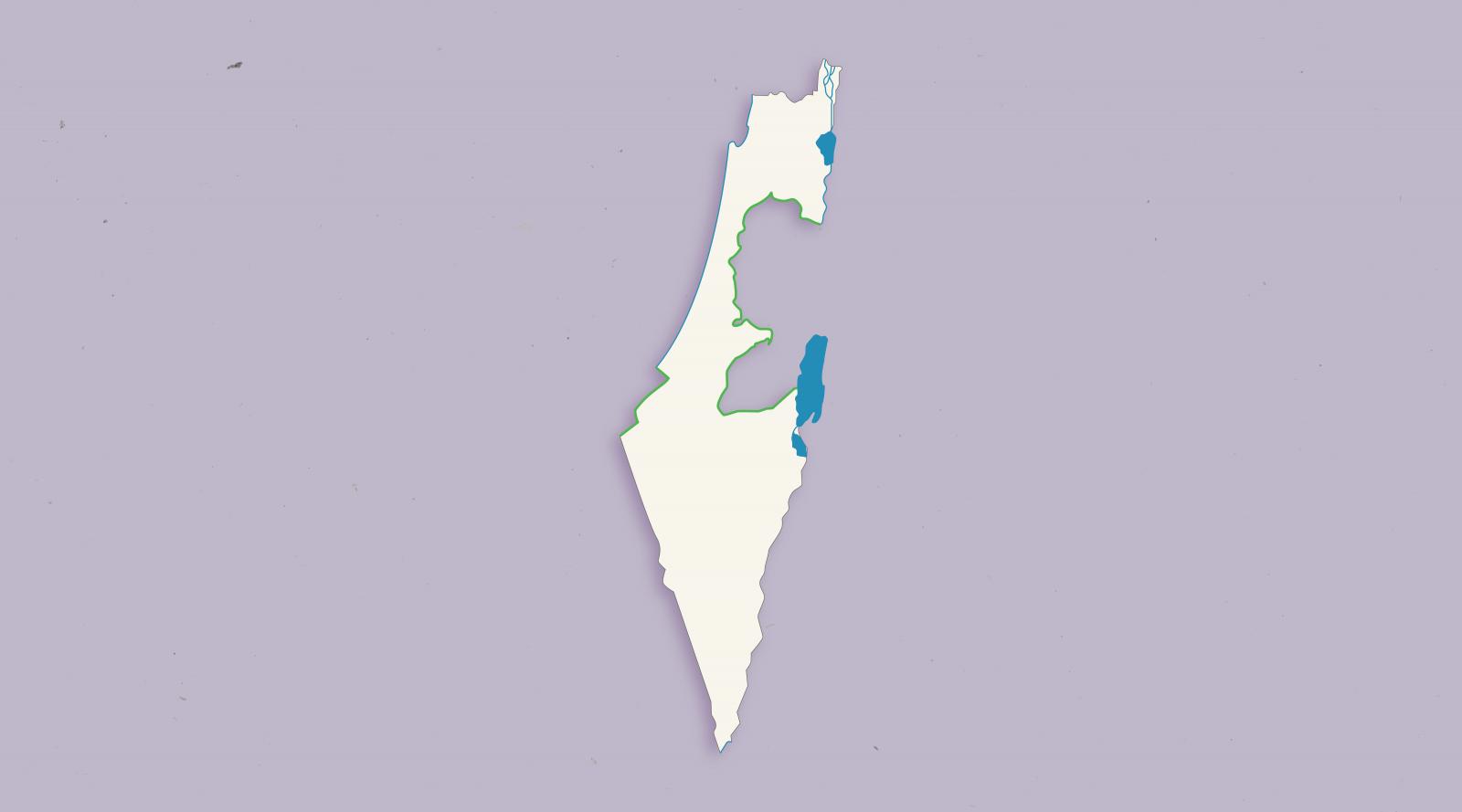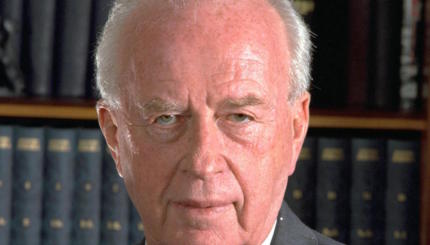The Green Line refers to the line of demarcation that separated Israeli, Jordanian, Syrian and Egyptian forces at the conclusion of Israel’s 1948 War of Independence. It was delineated in the 1949 armistice agreements that formally ended the war and served as Israel’s de facto international border until the 1967 Six-Day War. Its name derives from the fact that the diplomats drawing up the agreement reportedly used green ink to mark the line on the map.
During the 1967 war, Israel vastly increased the territory under its control, taking possession of the West Bank, the Gaza Strip and the Sinai peninsula. The Green Line thus came to mark the border between Israel and the territories it captured in the war. As a result, the Green Line is sometimes referred to as the “pre-1967 border,” though it was never intended to mark a recognized international boundary between Israel and its neighbors. As the border between Israel and the West Bank remains the only boundary whose precise route remains in substantial dispute, the Green Line is most commonly used today to refer to the dividing line between those territories.
Israel has long maintained that the Green Line has no international legal significance, delineating merely the location where the armies that fought the 1948 war happened to be at the time a cease-fire was reached. Israel has also asserted that the 1949 borders are indefensible, sometimes referring to them as “Auschwitz borders” because they would narrow Israel to just a few miles wide at their narrowest point. As a result, many Israeli governments have insisted on maintaining a military presence east of the Green Line, even in the event of a peace agreement.
Critics have charged that Israel has been systematically undermining the significance of the Green Line — and by extension, the prospects for an Israeli-Palestinian peace deal — by continuing to build and expand settlements east of the line, and by routing its West Bank security barrier in ways that depart significantly from it, sometimes veering kilometers into territory Palestinians hope one day will become the territory of a Palestinian state.

Help us keep Jewish knowledge accessible to millions of people around the world.
Your donation to My Jewish Learning fuels endless journeys of Jewish discovery. With your help, My Jewish Learning can continue to provide nonstop opportunities for learning, connection and growth.
Nevertheless, the Green Line has long been used as a baseline for negotiations over a final border between Israel and the Palestinians. Peace proposals have often used the line as a starting point, with modifications made to include as many Jewish communities on the Israeli side of the border as possible without incurring too deeply into Palestinian territory. Some proposals have called for Israel to make up for those modifications with land swaps.



